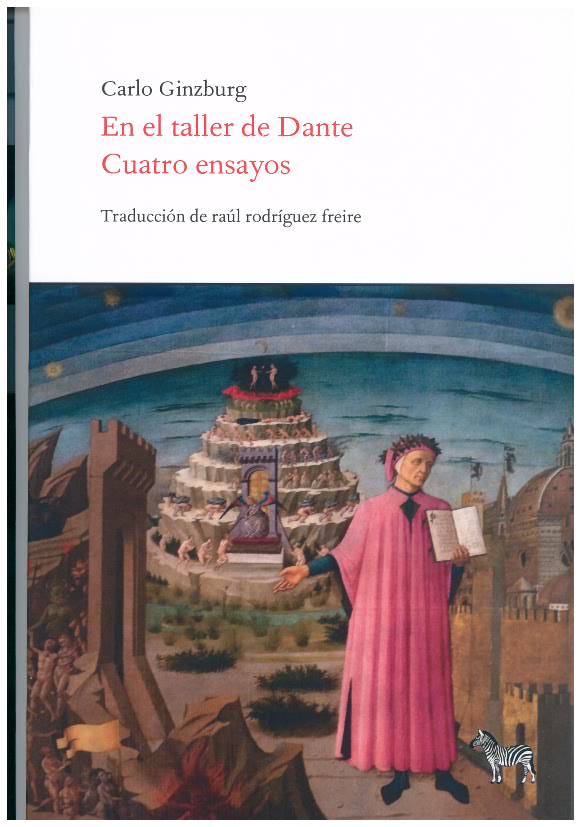Secularism and its ambiguities
four case studies
- ISBN: 9789633866412
- Editorial: Central European University Press
- Fecha de la edición: 2024
- Lugar de la edición: Budapest. Hungría
- Colección: The Natalie Zemon Davis Annual Lectures
- Encuadernación: Rústica
- Medidas: 21 cm
- Nº Pág.: 146
- Idiomas: Inglés

In the best micro-historical tradition, Carlo Ginzburg, himself one of the founders and icons of this genre of historiography, dissects four moments of European intellectual history. This book relives the experience that participants in the Natalie Zemon Davis Lecture Series at the Budapest campus of Central European University had in 2019 listening to Ginzburg's eloquent and engaging discourses. For the purposes of this volume he has re-edited and completed the leporello of cases charged with the inherent ambiguity between secularism and religions.
Secularism is often identified with rejection or at least distancing from the sacred. However, if one assumes that secularism also appropriates and reworks the sacred, its ambiguities come to the fore. The dilemma accompanies the reception of La Boétie's Servitude volontaire between 1574 and today. Before Walter Benjamin, the lesser-known 19th-century Léon de Laborde defended the profanity of reproducing the arts. The tension around the secular pervades the case of the College de Sociologie (Paris, 1937-1939), an attempt to analyze the ideological components of fascism. The fourth lecture approaches a much-discussed contemporary phenomenon - fake news - from a long-term perspective. To what extent are some disturbing features of the world we live in the result of a long, tortuous, unpredictable trajectory?.
Chapter 1. Hobbes’s Invisible Target: On the Reception of La Boétie’s La servitude volontaire
Chapter 2. Texts, Images, Reproductions: On the shoulders of Walter Benjamin
Chapter 3. Sacred Sociology: A Few Reflections on the Collège de Sociologie
Chapter 4. Fake News?Notes









